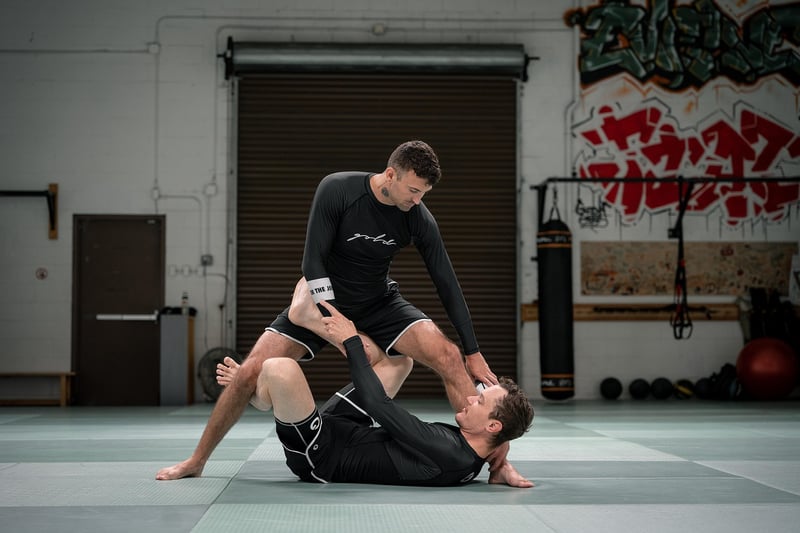Jiu-Jitsu
Discipline and Self-Defense Techniques with Jiu-Jitsu
Jiu-Jitsu, a martial art known for its ground fighting and submission techniques, not only teaches self-defense but also instills discipline and mental focus. By practicing Jiu-Jitsu, individuals can develop physical strength, agility, and the ability to protect themselves in various situations.
The Importance of Discipline
Discipline is a fundamental aspect of Jiu-Jitsu training. It requires dedication, commitment, and consistency to progress in this martial art. Through rigorous training sessions, practitioners learn to control their impulses, stay focused, and push through challenges. This discipline cultivated on the mat often translates into other areas of life, such as work, relationships, and personal goals.
Self-Defense Techniques
Jiu-Jitsu equips individuals with practical self-defense techniques that are effective in real-life scenarios. By learning how to leverage an opponent's strength and use leverage and technique to overcome larger adversaries, Jiu-Jitsu practitioners can defend themselves efficiently without relying on brute force.
Key Self-Defense Principles in Jiu-Jitsu:
- Effective use of leverage
- Joint locks and submission holds
- Escapes from unfavorable positions
- Defense against strikes and grabs
Benefits of Practicing Jiu-Jitsu
Aside from self-defense skills and discipline, Jiu-Jitsu offers a range of physical and mental benefits:
- Improved physical fitness
- Increased flexibility and coordination
- Stress relief and mental clarity
- Boosted self-confidence and self-esteem
Get Started with Jiu-Jitsu
If you are interested in learning Jiu-Jitsu and reaping its many benefits, consider joining a reputable martial arts academy or gym that offers Jiu-Jitsu classes. Remember, progress in Jiu-Jitsu requires patience, dedication, and a willingness to learn and grow both physically and mentally.
Start your journey today and discover the transformative power of Jiu-Jitsu!

Image source: Pixabay
